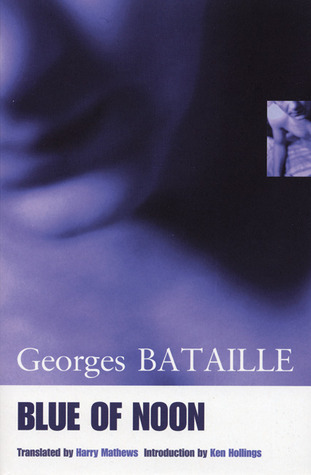
Nausea
Book Description
Amidst the chaos of an unsettling world, a man's grip on reality begins to dissolve. As Antoine Roquentin navigates the shadows of existence, he grapples with a suffocating sense of nausea that seeps into every corner of his life. His mundane environment becomes a tumultuous battleground of existential dread, challenging his very understanding of freedom and self. Relationships fray and his identity teeters on the edge, forcing him to confront the absurdity of life itself. Can he find purpose in a universe that seems intent on rendering him invisible? The answer may just unravel everything he believes.
Quick Book Summary
"Nausea" by Jean-Paul Sartre is a philosophical novel that delves into the existential crisis of Antoine Roquentin, a solitary historian living in the fictional French town of Bouville. Roquentin becomes increasingly aware of the absurdity and meaninglessness of existence, leading him to experience episodes of intense nausea triggered by the presence of objects and people around him. These unsettling realizations dismantle his grasp on reality, as he confronts his isolation, the complexity of freedom, and the illusion of meaning. Through reflections, interactions, and memories—especially those involving his former lover Anny—Roquentin questions the conventions and values of society, ultimately seeking authenticity amid existential dread. The novel explores the search for purpose in a world indifferent to human desires and expectations.
Summary of Key Ideas
Table of Contents
The Experience of Existence and Absurdity
Antoine Roquentin, newly settled in Bouville, finds himself gripped by an inexplicable nausea as he goes about his daily routines. Initially, he attributes this feeling to physical illness, but soon realizes it signifies a deeper estrangement from the world. Mundane objects, such as a pebble or the roots of a tree, appear overwhelmingly real yet strange, provoking existential discomfort. Roquentin’s diary documents his attempts to comprehend these sensations, revealing a growing awareness of the sheer contingency of existence.
Alienation and Isolation
Roquentin’s encounter with life’s absurdity leads to a profound sense of alienation. He observes people around him—the Autodidact, café patrons, townsfolk—and feels incapable of meaningfully connecting. Relationships lose their previous significance, and social conventions appear arbitrary and superficial. His isolation is heightened by memories of past relationships, particularly with his lost love Anny, whose return briefly unsettles his philosophical turmoil but ultimately intensifies his loneliness and inability to reclaim a sense of belonging.
The Role of Memory and the Past
Memory and the past play crucial roles in Roquentin's existential reflection. His work as a historian, compiling the life of Marquis de Rollebon, loses meaning as he grows skeptical of narrative coherence and the ability of history to impose order on chaos. Recollections of his earlier days and attachments initially offer comfort but soon contribute to his nausea, as he recognizes their inability to anchor him in a stable identity. The past becomes fragmentary, further destabilizing his sense of self.
Freedom, Choice, and Responsibility
Freedom emerges as both a burden and potential salvation for Roquentin. Sartre’s existential philosophy is articulated through the protagonist’s realization that meaning cannot be found in external sources; instead, individuals must create their own purpose through choices and actions. This daunting freedom fills Roquentin with anxiety, as he recognizes there are no absolute values or predetermined paths. His nausea is the visceral result of supporting the existential weight of human liberty and responsibility in an indifferent world.
Art as a Response to Meaninglessness
In his final reflections, Roquentin contemplates art—specifically music and literature—as a possible avenue for transcending nausea. Listening to a jazz record, he senses fleeting moments of order and significance, inspiring him to consider writing a novel. Art, he concludes, might not solve the problem of existence but can transform lived experience into something enduring. The novel closes ambiguously, with Roquentin resolved to pursue authenticity amid uncertainty, symbolizing the philosophical quest to forge meaning in spite of the absurd.
Download This Summary
Get a free PDF of this summary instantly — no email required.





